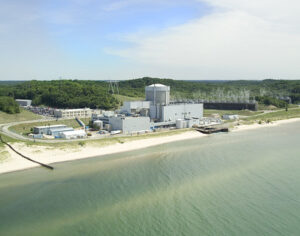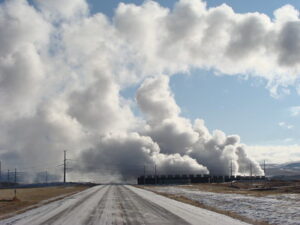Anyone who lives in Michigan knows that the economy here is highly sensitive to change. Michigan often leads the nation into a recession and holds the door for everyone else on the way out. This is attributed to Michigan’s strong dependence on manufacturing as a core part of its economy.
In 2023, the largest contributing sectors to Michigan’s economy were:
- Manufacturing
- Real estate
- Government
- Professional, scientific, and technical services
- Health care and social services
- Retail trade
- Wholesale trade
- Finance and insurance
- Information
- Administrative, support, waste management and remediation
- Construction
- Transportation and warehousing
- Accommodation and food services
- Management
- Other services
- Utilities
- Arts, entertainment, and recreation
- Educational services
- Agriculture, forestry, fishing, and hunting
- Mining
These 20 industries contribute about $678B per year to Michigan’s economy. Manufacturing generates about 18% of Michigan’s economic activity. Because manufacturing is the largest single sector, followed by real estate – which is also sensitive to changes in the economic cycle – it is important to generate other economic opportunities for workers that may be more stable in tough economic times. Information technology, healthcare, financial services, communications, and energy would all work to balance out declines in manufacturing and real estate.
While it is important to support Michigan’s core economic sectors, it is equally important to diversify the industries that contribute to the state’s economy as much as possible. Our economic data provides a roadmap to identify which sectors we should support locally, and which sectors we need to build to diversify our local economy.
Michigan doesn’t have to lead Washtenaw County economy
One reason that Washtenaw County is more economically stable is that government – which is a large economic sector – has a major presence in Washtenaw County. Although salaries tend to be lower among government workers, the sector is economically stable during recessionary periods. Ensuring that government agencies have the workforce they need will help ensure long-term stability in this sector.
Another reason Washtenaw County’s economy is stable is its heavy participation in the professional, scientific, and technical sectors. Additionally, Washtenaw County is a major contributor to the healthcare sector in Michigan.
If you notice, these three sectors – government, professional/scientific/technical services, and healthcare are Michigan’s 3rd, 4th, and 5th largest contributors to the state’s economy. Further, these sectors tend to be insulated from downward changes in the economic cycle. Utilities, personal services, and maintenance and repair work are also less likely to be negatively affected by a recession. Agriculture also tends to perform well during a recession.
There are a lot of opportunities to protect and expand Washtenaw County’s economy, but we need to make strategic decisions about how, where, and when to grow. For more than a decade, local economists and analysts have been begging for more new home construction here. Lack of housing options and high housing and rental costs will continue to restrict growth here.
New housing construction cannot be limited to high-value real estate. Cities and townships must also create housing plans and better housing options for middle income workers. Washtenaw Community College has a strategic role in all of this, but the WCC Administration must focus on and place the needs of Washtenaw County first.
Photo Credit: GPA Photo Archive, via Flickr


















